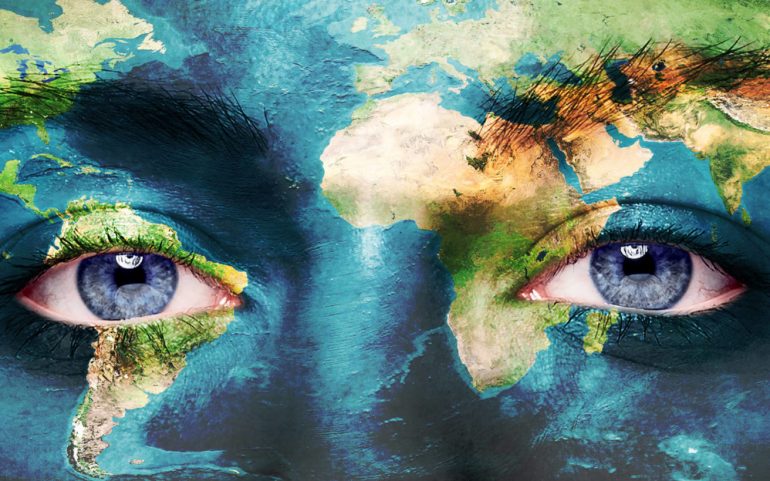A few days ago, a UN report on the environment was published, which reflected the gloomy image of human presence on the planet. Destruction of natural resources, threat of one million endangered species, loss of natural environment to such an extent that it is now as serious as climate change.
Man can be proud of many things, but he can only be ashamed of the way he treats the planet. And the most striking thing is how much he continues to be indifferent to the consequences of his choices, as if his own life were independent and unaffected by the state of the Earth, the environment and the other species that live around him.
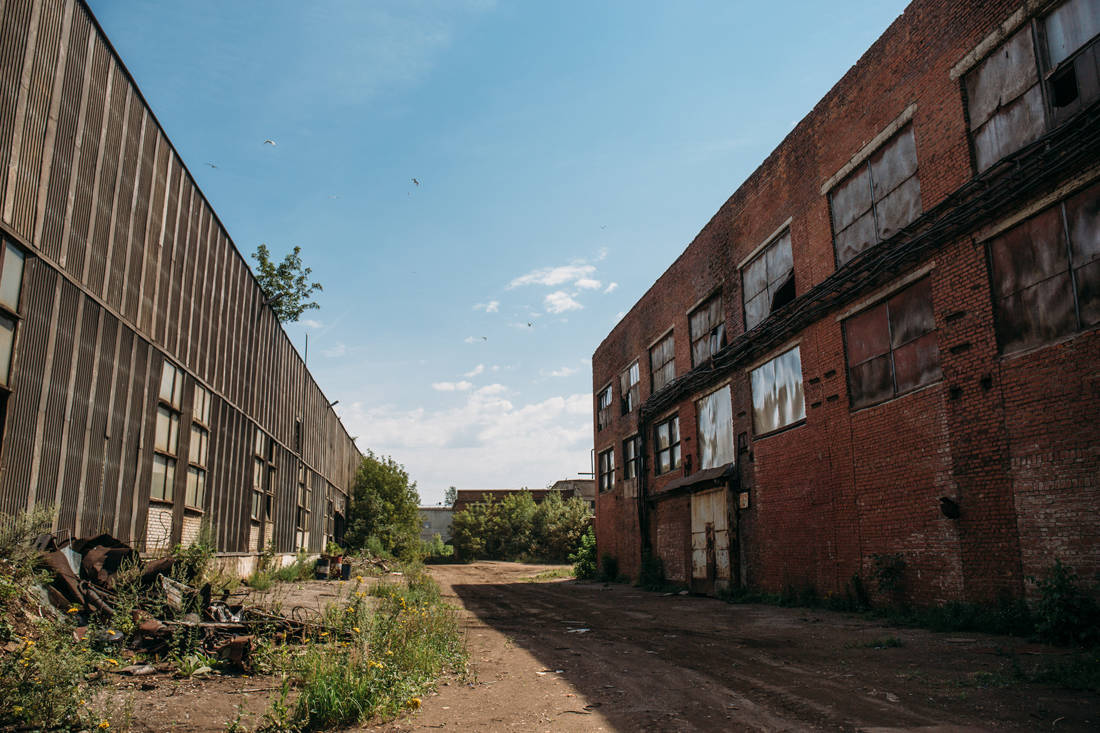
But what if man one day disappeared completely? How would the Earth if the sun rose and ate without any human presence on the planet? What would happen to all our constructions, cities, technology, our ephemeral creations, after all?
Could the path to destruction, which we are now walking, be reversed, enticing those who have the misfortune to share our world with us? Or is our seal now indelible, not only in yesterday and today but also in the future of the planet?
The BBC is trying to develop such a scenario with the help of Ecology professor Philip Wheeler. Supposedly, then, one day there is no man on Earth. Zero human presence. How and why is not considered here. We just assume that the human factor disappears from the face of the Earth. Literally. What would the world be like without us?
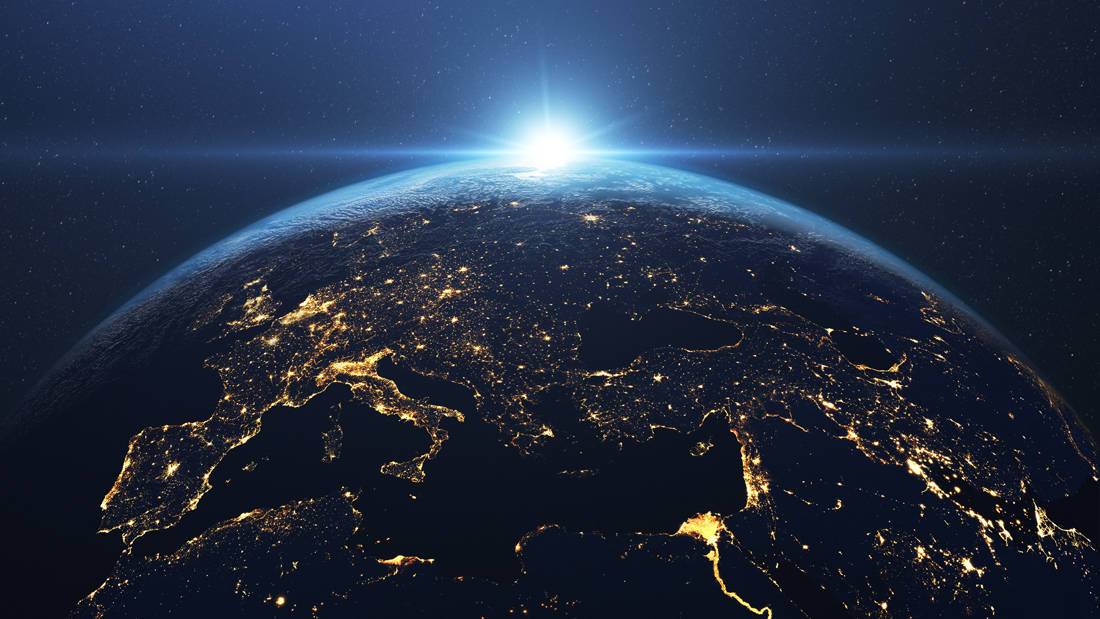
Within a few days of the sudden disappearance of the man, the power grid collapses, as there is no one to refuel the generating units. The infrastructure is out of order and there is no one to reactivate them or put the security mechanisms into operation. Our cities, which today are visible at night even from space, due to their lighting, are darkening. Unique light is the sun during the day and the moon at night.
One week after our disappearance, the underground networks we have built under the aquifer, such as those of the metro in some cities, are flooding. It is typical that 47 million liters of water are pumped daily from the metro facilities in London. What will happen when there is no one to pump them or take care of the pumping mechanism? Simple: πλημμύρα.
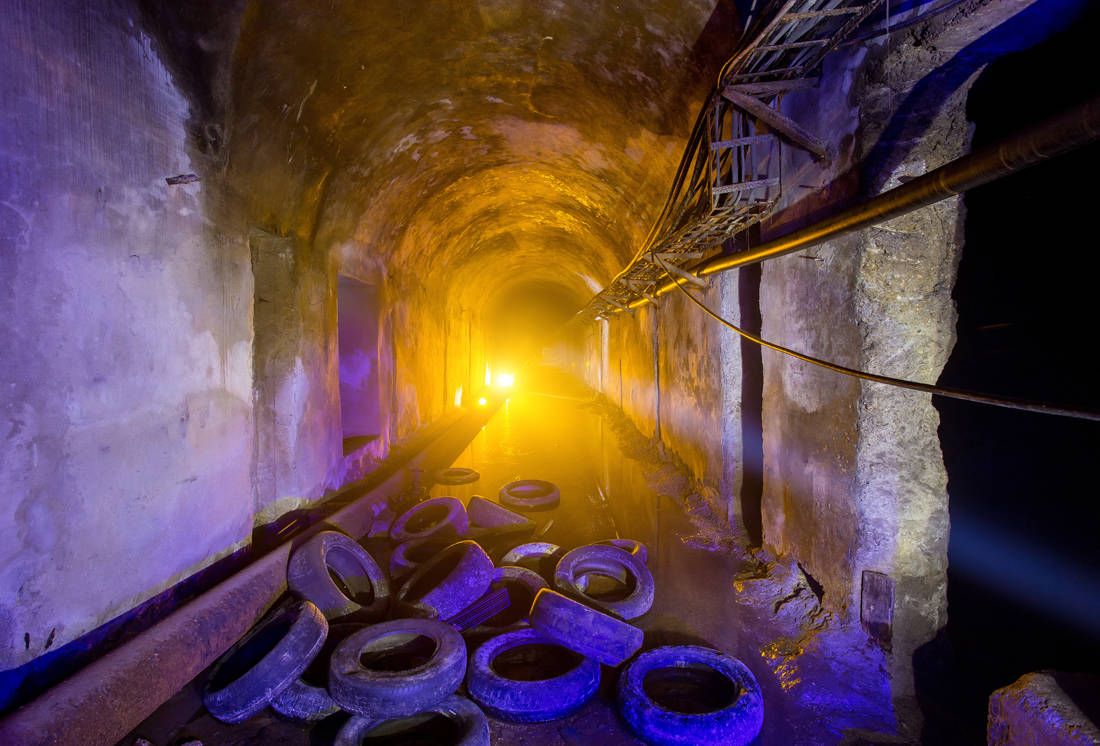
Without heating and air conditioning our homes and offices once become fertile ground for moisture and therefore for mold, which "adorns" walls, ceilings and any surface. The ice causes cracks in the pipes and eventually breaks them. Within a few weeks the buildings in which man once came in and lived his life acquire new occupants. Probably not tenants but permanent residents: the plants.
The most powerful species, as is already the case in the world, compete and compete for space and sun. There is no one to "brake" them.
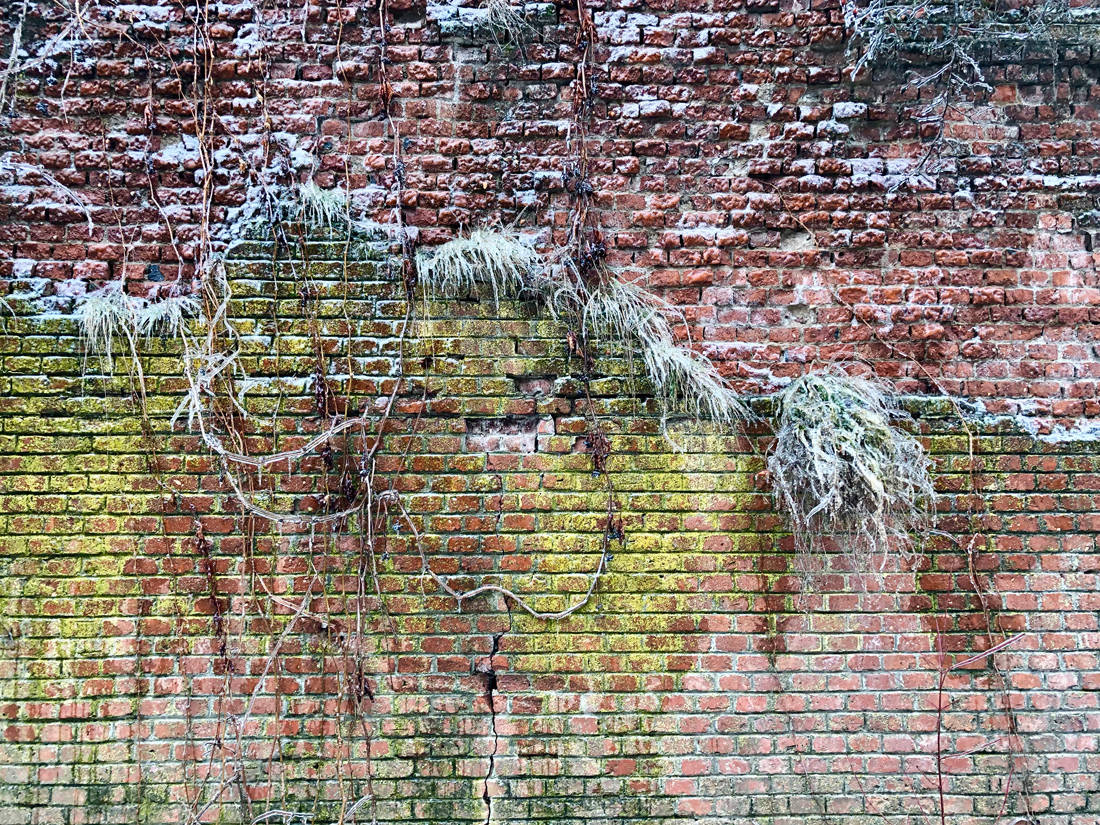
Suppose we let a lot of time pass, that man is now a memory. The boundaries between cities and the countryside, the urban environment and its suburbs, begin to weaken and eventually disappear. In tall buildings once built by man, decay plays its own game undisturbed. Metal parts corrode, surfaces rot. Windows are broken in the void. Wildlife finds the opportunity to dominate where once were the strongholds of human daily life. After all, there is no one to chase her or kill her by various means.
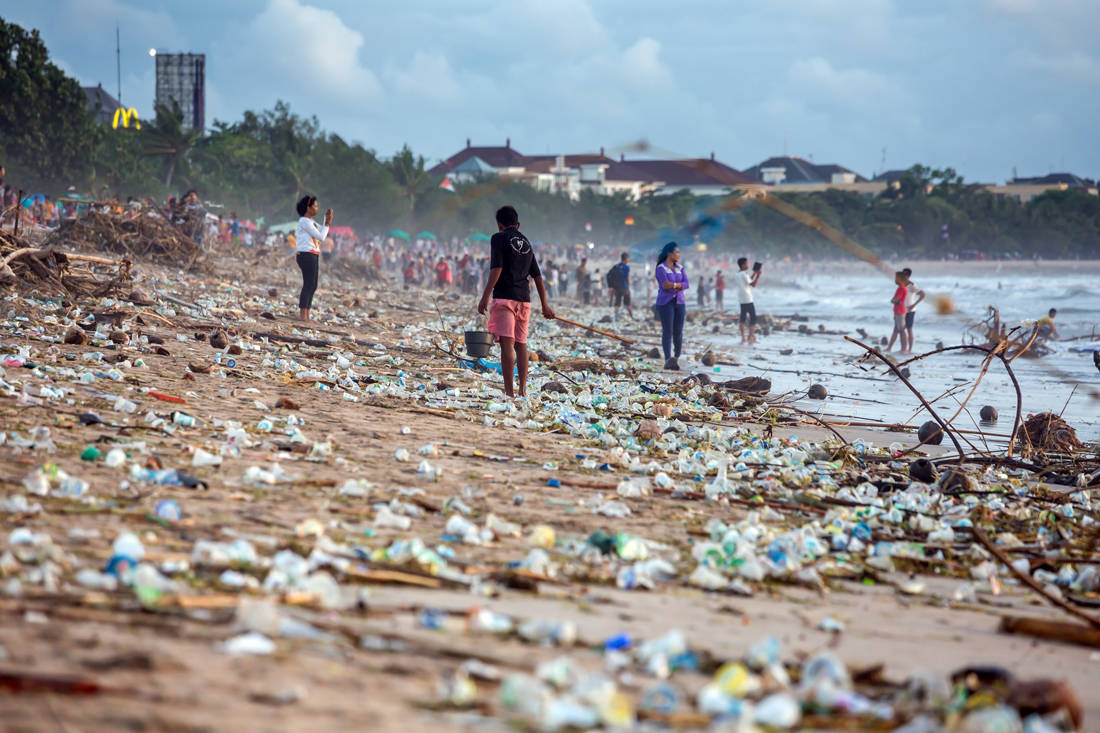
The arable lands have been left to their fate. Yes, the one for which they were intended before the man abused them with the intensive care unit Agriculture and exhaustive exploitation. They are initially covered by shrubs, later by trees. Nature recovers what it had lost.
Of course, the human "seal" remains: Scattered on the planet are human creations that will never disintegrate. Metal objects will be delivered over time to corrosion and rust. The plastic, with even more time, they will begin to disintegrate. The time that will be required is of course a lot, if we take into account that every year, according to the WWF, it is estimated that almost 100 million tons of plastic waste escape to the environment. As the organization explains, it is like throwing almost 23.000 Boeing747 planes into the sea every year. Due to the slow rate of decomposition, plastic accumulates in seas, oceans and beaches. Plastic waste is found in species such as sea turtles, seals, whales, but also in birds, but also in fish and shellfish and therefore in the human food chain.
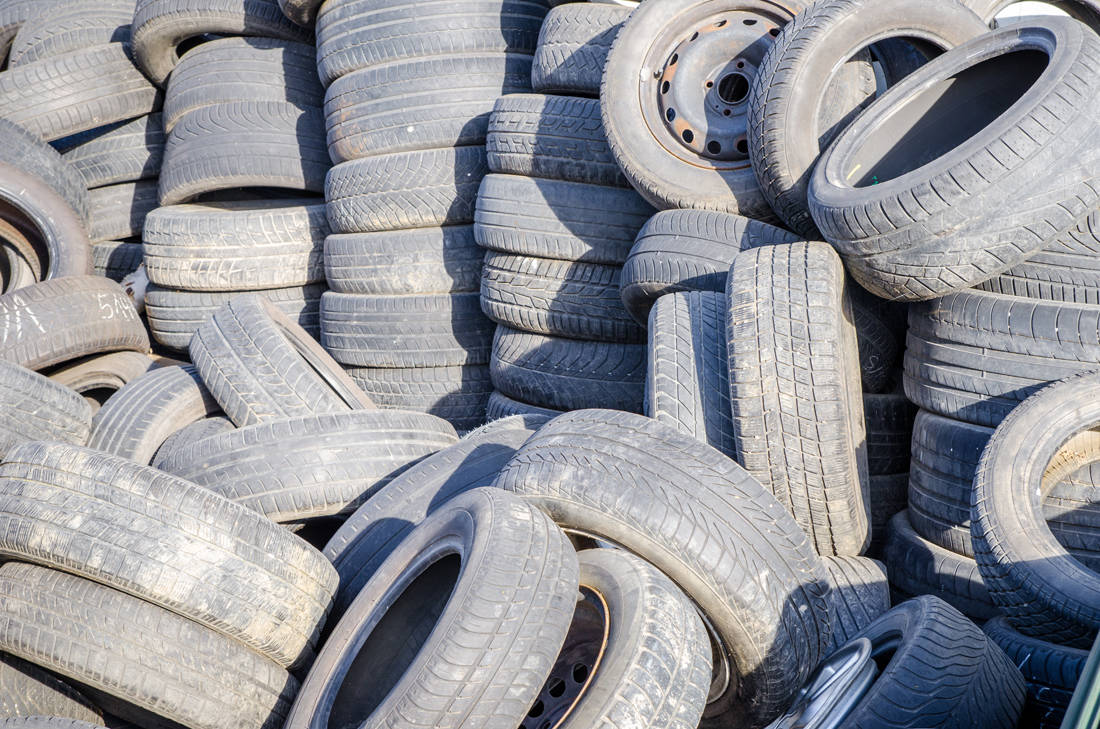
But there are other objects that will remind us for a very long time of our passage through the Earth. Stainless steel articles, granite surfaces and accessories and billions tires resist wear. These we will definitely leave behind…
The nuclear facilities they go out of order as their materials wear out. In some cases, explosions occur, resulting in the contamination of the environment with radioactivity. Many animals are led to death while radioactivity causes other mutations, "drawing" new evolutionary lines.
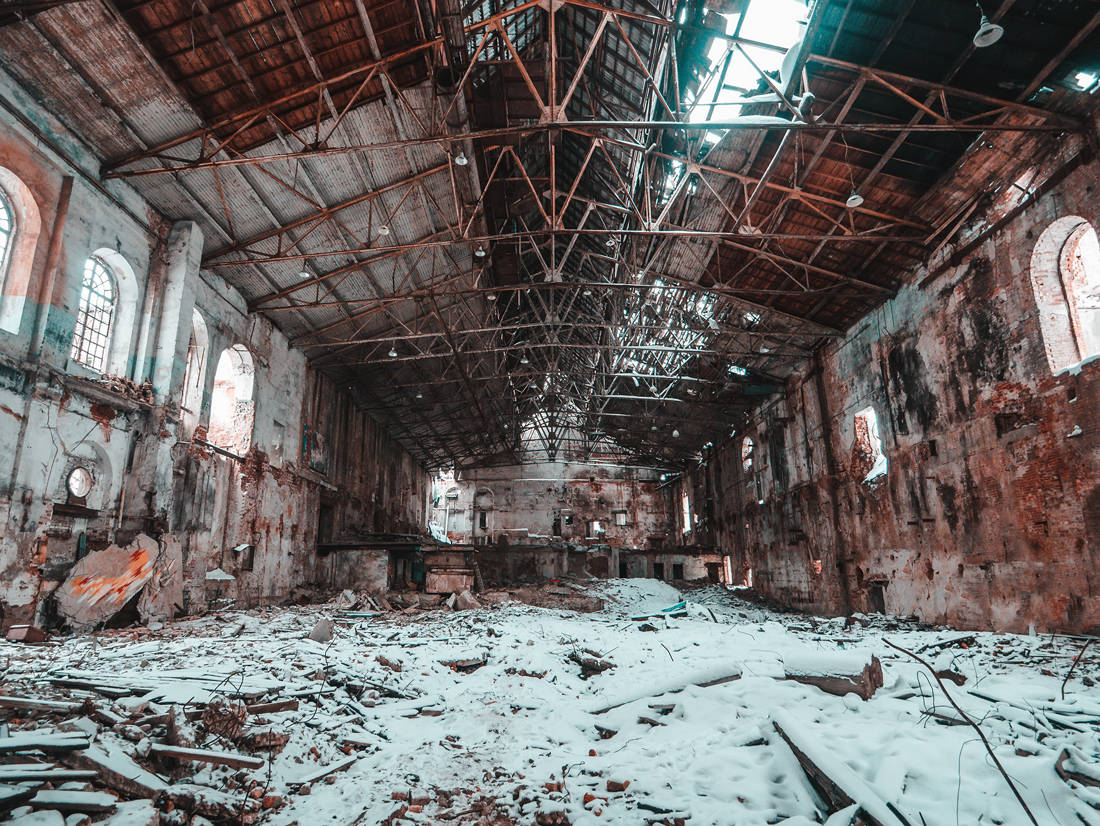
Meanwhile, even the tiniest plants find their way to the sky and the light, breaking even the once compact highways - from which cars have apparently disappeared for a long time.
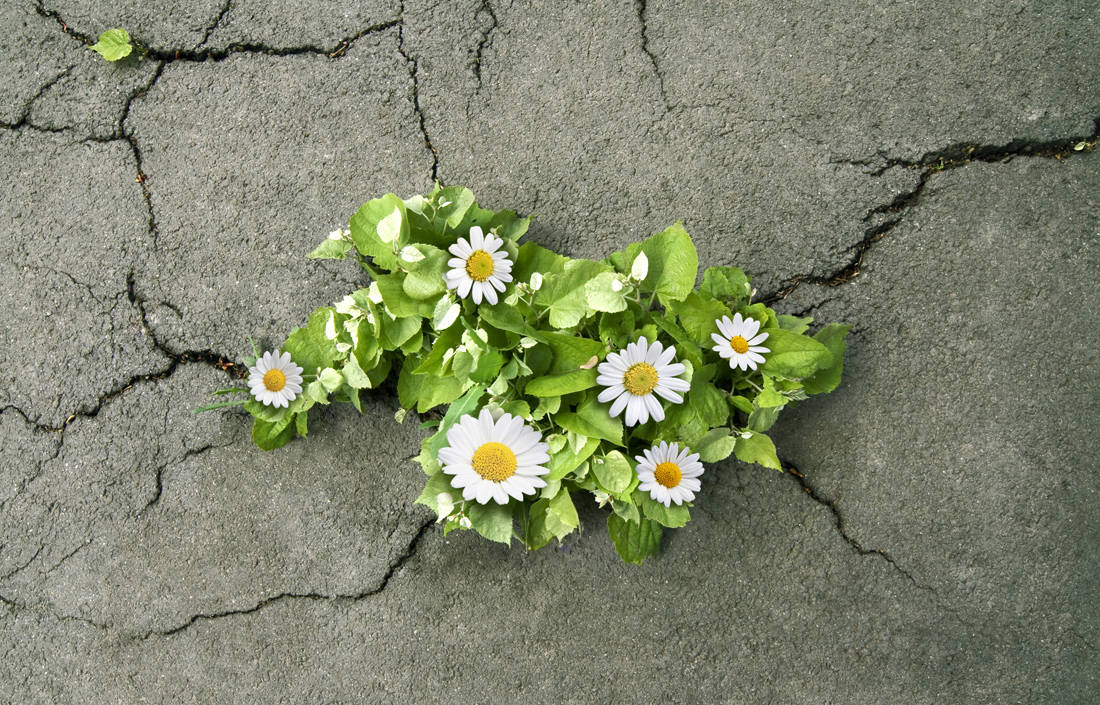
The mosquitoes have a party. They escaped their main enemy but now feed on other animals. They are also busy pollinating plants, as they like nectar as much as blood.

Endangered or endangered species have an unexpected opportunity and space to multiply again and possibly escape the law-abiding extinction to which humans were leading. Lions and elephants may reach as far as Europe, the strongest of the animals, possibly swimming through the Suez Canal.
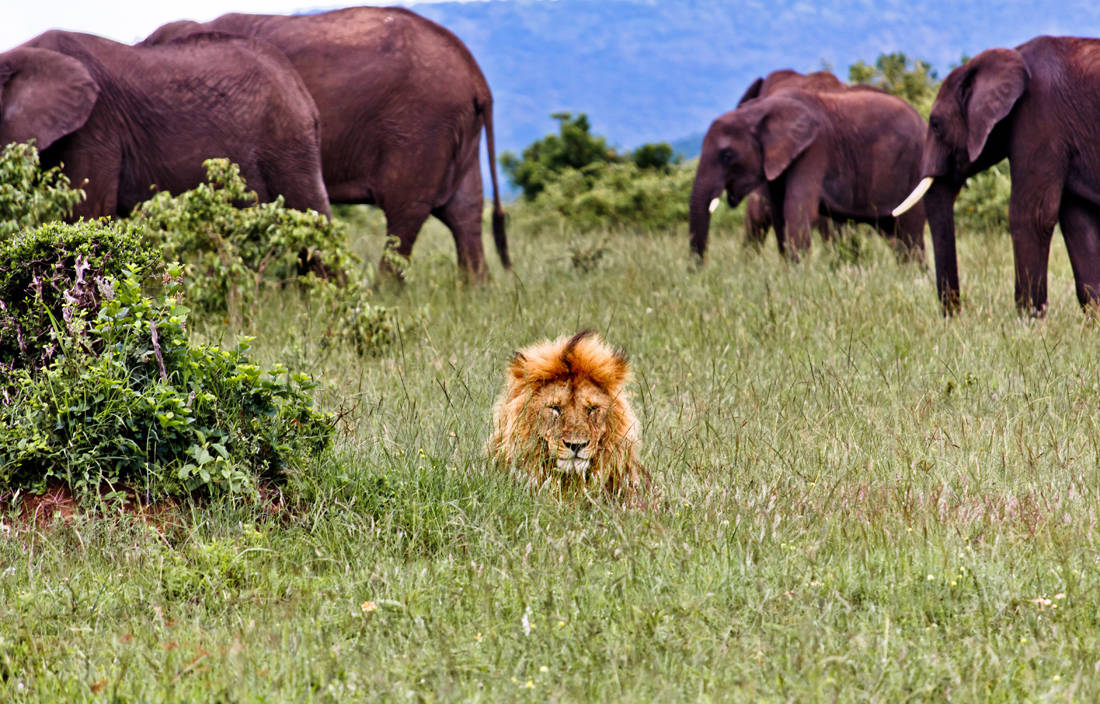
Huge "islands" plastic still floating in the oceans. At some point, the plastic objects end up at the bottom, until the plastic microparticles are everywhere. Bacteria do not stop evolving, possibly developing the ability to metabolize plastics this time around. But this will take millions of years.
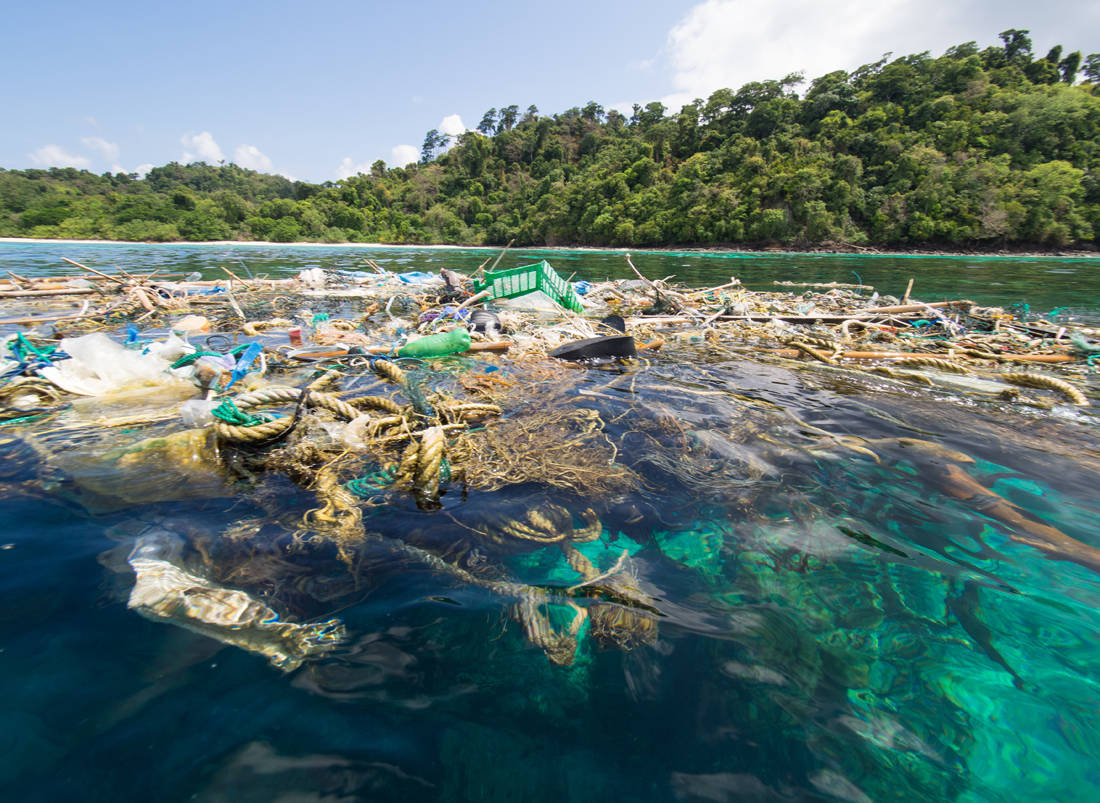
The question posed by the British network is whether the planet Earth, free from us, will ever be able to "recover". Carbon dioxide in the atmosphere is absorbed by the vegetation that covers the Earth. Global warming and sea levels are beginning to decline. As chemical pollutants dissolve and sink to the ground, rivers become increasingly clean. Animals and plants have the opportunity to grow. Is this a new "Eden?"

Maybe, is the answer. Earth is a living organism, which (was forced to) live with the human species for only a very small part of its total existence. Human ingenuity has led to huge changes in the world. The planet will not only survive but will probably "bloom" without us. But, as everything shows, he will never be able to forget us. We have left our mark indelibly…
